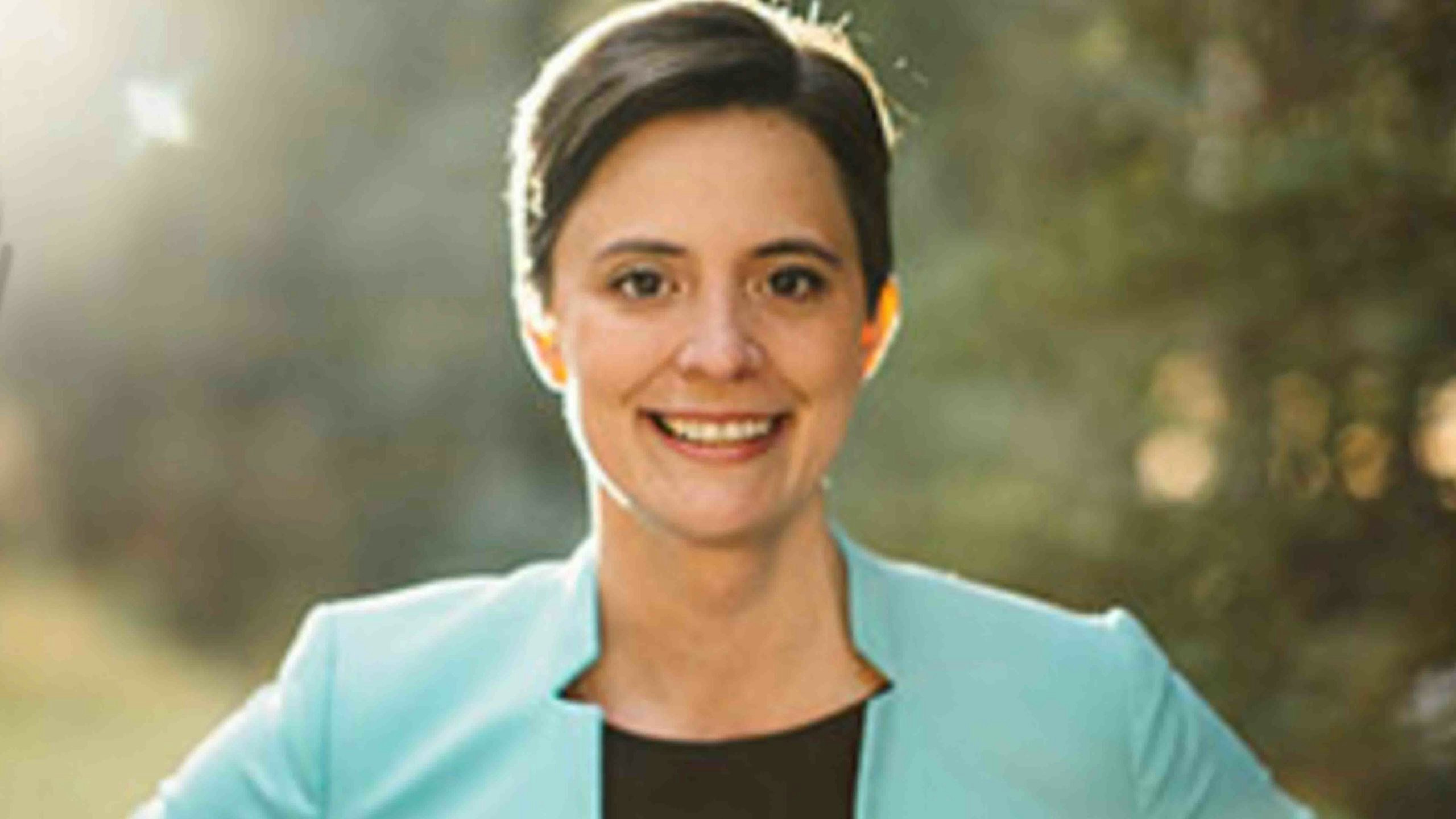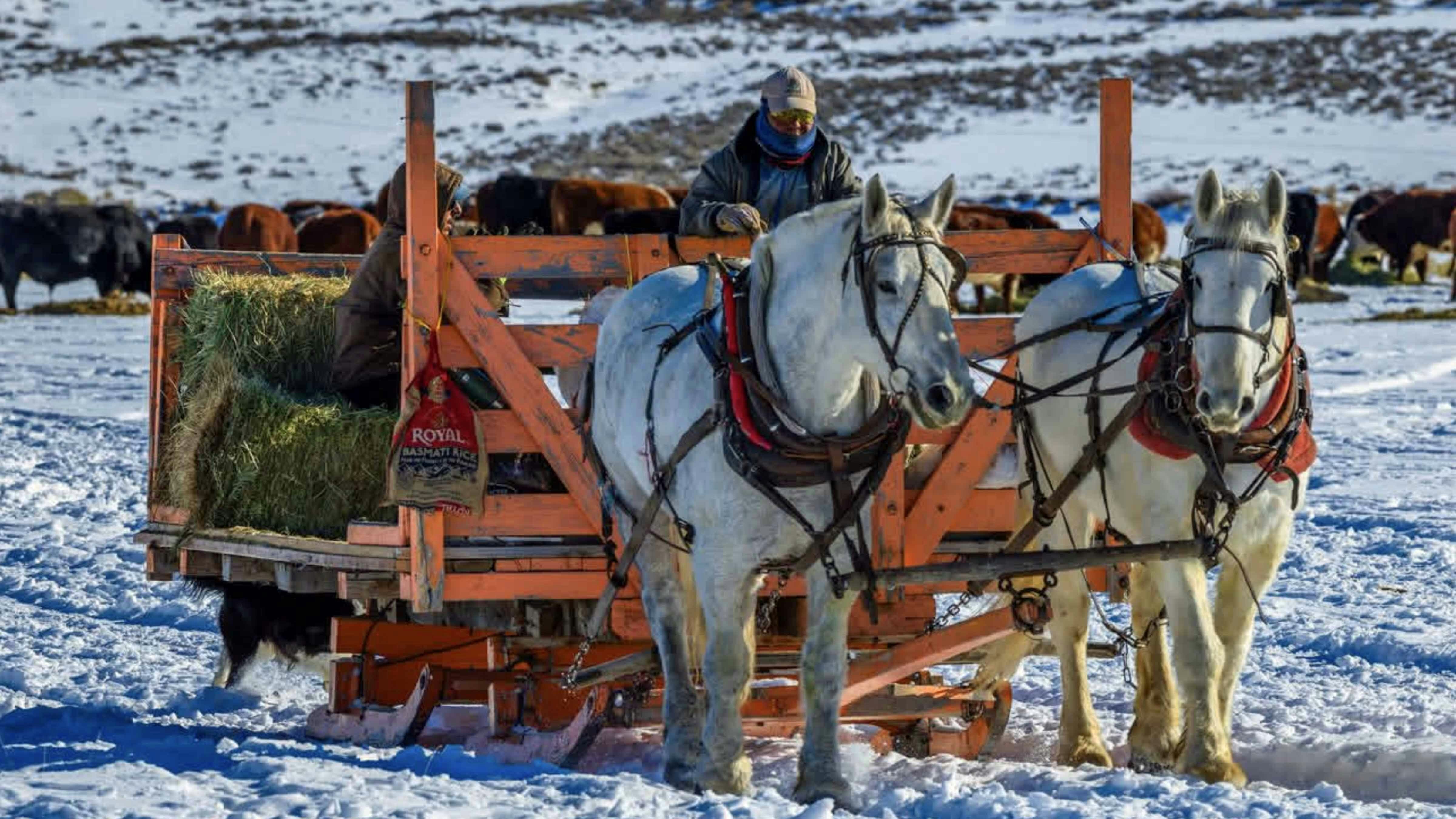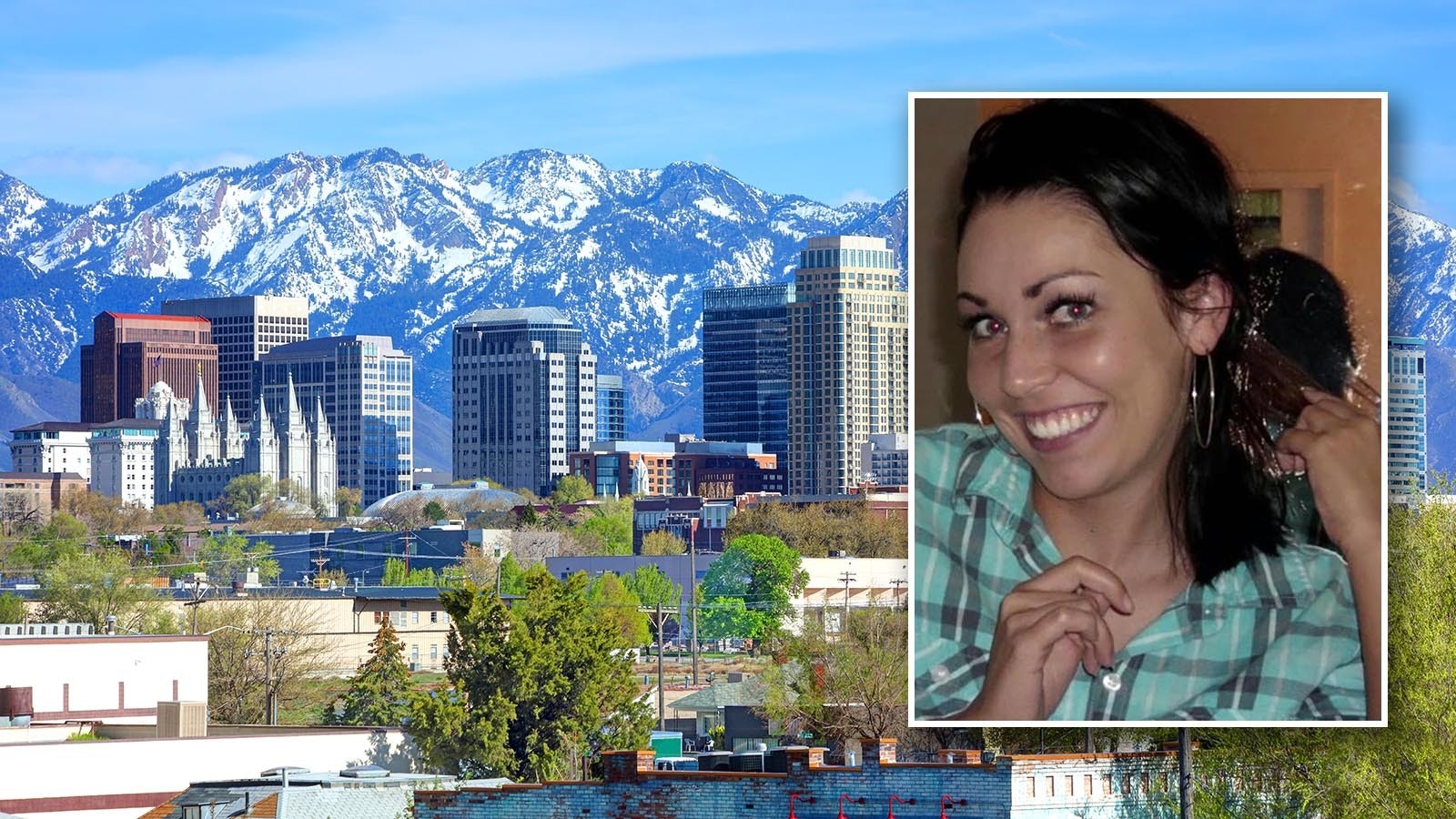By age 11, Ashleigh Chapman knew exactly what she wanted to do with her life.
It started when she was a young girl growing up in Nashville, where her father was a pastor at an outreach mission. She saw a lot of brokenness in her community, as when when her family took in a woman who said she and her three children were escaping an abusive marriage.
Within a day, it was clear that the woman was the abuser. She was asked to leave, and Chapman’s parents launched a legal battle to foster the children and keep them safe.
The children had undergone every form of abuse and neglect you can imagine, Chapman said, which opened her eyes to a level of hurt she could never have imagined.
“It was my introduction to the terrible things that could happen to people and I couldn’t comprehend how broken a community had to be to allow it to occur and not have the resources to keep those kids safe,” she said.
She told her parents that she was going to do something to help fix these broken communities,. Even as a sixth-grade student, she knew that effort would have to include law school.
“I remember sitting down and pulling out a big piece of paper and trying to figure out what I had to do to get there and what needed to be done,” she said, laughing.
Today, at age 40, Chapman has achieved her childhood mission as a national and global human rights lawyer working to end all forms of trafficking, including in Wyoming.
To this end, she’s founded and runs several organizations — including Engage Together, Justice U and Altus — that help fuel solutions and provide training to identify and stamp out all forms of human trafficking.
As a lawyer focused on legal advocacy work, Chapman helps create policy and bring entities together to focus on finding solutions to address all forms of sex, labor and human trafficking.
Her work in the field recently earned Chapman recognition of one of USA Today’s “Women of the Year” for Wyoming.
It’s a life that’s largely kept her on the move, traveling about 48 weeks out of the year.
But in 2018, Chapman told her husband – who also did a lot of traveling – that it was time to find a home base. On a whim, the couple traveled to Laramie during a homecoming weekend and Chapman didn’t want to leave.
“I told my husband that I needed to find a home that was restorative to me,” she said. “And that was it. I fell in love in love with Laramie and Wyoming.”
On Wednesday, Chapman was back on the road, speaking with Cowboy State Daily from a youth camp in Nashville that she continues to support.
Despite the traveling, her passion never wanes from the mission that launched her career.
Anti-Trafficking Efforts In Wyoming
Along with her other projects, her Engage Together group just wrapped up a human trafficking community assessment survey in partnership with the state’s Division of Victim Services and Human Trafficking Task Force to address the strengths and weaknesses in Wyoming’s current anti-trafficking services and help the state come up with a five-year action plan.
One of the biggest stumbling blocks Chapman runs into, she said, is the mistaken belief that trafficking doesn’t happen in Wyoming.
“It does,” she said. “It’s everywhere, if you know what you’re looking for.”
In her experience, once people in the health care, hospitality and retail sectors begin receiving training from law enforcement, the number of reported cases will begin to increase.
Globally, Chapman said, human trafficking is a $150 billion business with more than 25 million victims every year.
In 2020, the National Human Trafficking Hotline received 47 contacts from residents in Wyoming with 11 human trafficking cases reported. Of these, 10 involved adult women being sex trafficked. One one labor trafficking case was reported.
This data is incomplete at best, Chapman noted, given the number of cases that go unreported and the fact that the data is currently very hard to track. Wyoming, itself, was late to the game as the last state in the union to enact anti-trafficking laws in 2013.
As Wyoming’s assessment showed, there are currently 56 organizations in the state that provide some form of education, prevention or services for victims that Chapman indicated as a strength in the state’s response. Areas that could be strengthened, according to the assessment, are temporary shelters and immediately available services including after-care and reintegration support as well as increased training.
Chapman stressed that all solutions need to come from the community, including private, government and non-profit organizations, as well as individual citizens, working in tandem to strengthen communities to help survivors and prevent trafficking from happening.
This means individuals stepping in also to get trained by taking courses like the free human trafficking awareness and strategy certification course on Justice U.
Chapman’s goal is to get 1 million people to take that course, she said, starting in her adopted state.
In the meantime, she will continue her efforts to strengthen communities in order to create a place where such atrocities do not happen. She feels strongly that this is her calling.
“God has put all of us on this planet for a time and a reason,” she said. “I’m incredulous this is happening all over the world to nearly 40 million souls. I try to stay solutions focused or it gets really dark really fast.”





